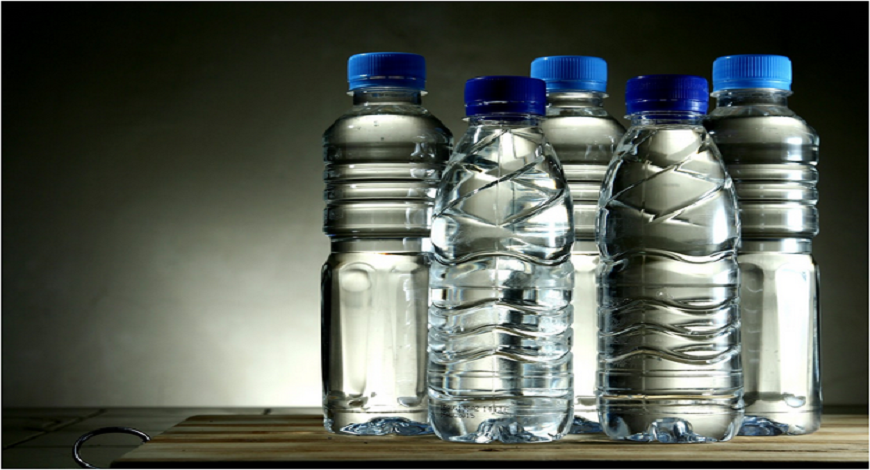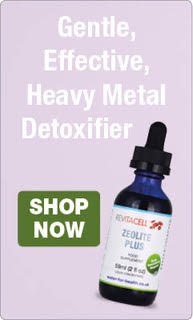Bottled water is a big profitable global business. Consumption is continuing to increase year on year “particularly in countries where clean potable tap water is available at very low or no cost”.
Individuals that purchase bottled water do so mainly because of perceived health benefits, but also because of convenience and taste. The huge industry supporting the sale of bottled water has started to raise concerns around how much energy is required to produce and use bottled water.
It has been estimated that three litres of water are used to produce one litre of bottled water. But what may be more worrying still, is what is actually in the bottled water that is flying off the shelves.
Quality of Bottled Water
You may be shocked to learn that bottled water companies are not required to reveal the sources of their water. Nor are they required to provide reports on the quality of the water that they sell to the public. Bottled water includes natural mineral water, water that is drawn from springs and wells, and it has even been found that many manufacturers are selling filtered municipal water, but at 1000 times more than we usually pay for it!
An environmental working group tested more than ten popular brands of bottled water and found 38 low level contaminants, including disinfection by-products (DBP), caffeine, industrial chemicals, arsenic and bacteria.
Plastic Bottles
The bigger problem may actually lie with the bottle that the water is contained in. According to Martin Wagner and Jörg Oehlmann from the Department of Aquatic Ecotoxicology at the Goethe University in Frankfurt am Main, Germany, plastic mineral water bottles contaminate drinking water with estrogenic chemicals.
Plastic and paperboard bottles are made with Bisphenol A or BPA. BPA is a man made chemical that is produced in enormous quantities across the world and it is used in the manufacture of many plastics and it is this chemical that acts as the synthetic hormone estrogen once absorbed. Traces of it are found in within the food stuffs contained inside these bottles, which is a huge worry when it has been linked to prostate cancer amongst other health concerns.
Another group of chemicals found inside plastic bottles are phthalates. These are linked to a number of cancers and reproductive issues. Traces of phthalates leach into the water inside the bottles. They disrupt the endocrine system, by flooding our bodies with estrogenic compounds (which act similarly to the hormone oestrogen).
A study was conducted to test the effect of these man-made hormones on the New Zealand Mud Snail. Embryos were inserted into 20 brands of bottled water. Of those that were made of plastic and paperboard 78% demonstrated significant hormonal activity.
Which Kind of Water is Safe to Drink?
To lead a full and healthy life we need to keep ourselves hydrated. We know that water is essential to life, but where can we get hold of it easily and without spending a fortune?
Unfortunately water that comes straight from your tap is not as pure as we would like, and this has contributed to the increase in consumption of bottled water. But there is another way. A method of having constant convenient access to clean water, that is affordable and eco friendly!
Alkaline Jug Filters are one great solution, providing convenient healthy water in a cost effective way without expensive plumbing and electrical connections. These jugs cleanse the impurities present in tap water, bring the pH to alkaline and also ionise the water. The added benefits of drinking water that is at an alkaline pH level are also far reaching as it is naturally abundant in antioxidants, and works to reduce the acidity inside your body too.
This water can then be safely transported in glass and stainless steel bottles to prevent contamination with the harmful plastics that we have discussed.
Know Your Source And Make The Healthiest Choice
We know how vital water is to life. It is important to keep hydrated throughout the day, so taking water with you on the move is a great idea. However, the health claims made by many brands of bottled water may be misleading. The water itself is often barely different to what comes from your municipal tap, and worse still, the packaging could be slowly poisoning the product inside.
It is suggested therefore that you seek out other options to bottle water especially if you do not know the source, and a jug filter could be an affordable and environmentally friendly option to guarantee the best quality of drinking water. Additionally, glass and stainless steel bottles are far better alternatives for transportation to maintain the integrity of the water inside.




























Leave a comment